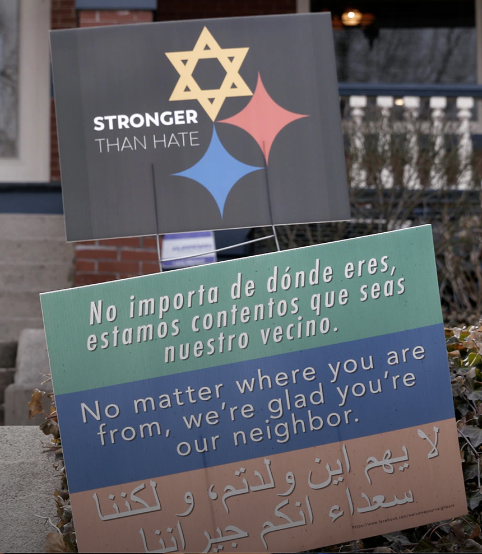What is Diwali? Something for Everyone...
- Lighting lamps, victory of light over darkness...what's not to like?
Indian Jews see many similarities to Hanukkah.
And some differences.
What South Asian Christians Do During Diwali (Christianity Today)
Various legends are associated with the origin of Diwali, an important harvest festival in the subcontinent’s ancient past that is being celebrated this week.
In northern India, the holiday commemorates the return of Prince Rama to the Uttar Pradesh town of Ayodhya along with his wife Sita (an incarnation of the goddess Lakshmi) and his younger brother Laxmana after 14 years of exile, according to the Hindu epic Ramayana.
In southern India, Diwali honors the victory of the major Hindu deity Krishna over the demon Narakasura. In the Indian state of Bengal, the goddess Kali is worshiped during the holiday.
For the Sikh community, Diwali commemorates the release of Hargobind, the sixth of ten gurus of the Sikh religion, in the 17th century after 12 years of imprisonment by Jahangir, the Mughal emperor . For the Jain community, Diwali is observed as the day when the last of their great teachers Lord Mahavira reached nirvana.
And for the Buddhist community, Diwali is celebrated as the day the Hindu emperor Ashoka converted to Buddhism.
The festival begins with Dhanteras, where people purchase gold, silver, new clothes, gadgets, automobiles, and other items as a sign of good luck. They also worship Lakshmi, the goddess of wealth, prosperity, and good health, as well as Ganesha, the lord of intellect and wisdom, and Kubera, the demigod for material prosperity.
The second day is Narak Chaturdashi, also called “small Diwali.” People decorate their homes with lamps and make designs on their doorway or inside the house with colored sand, powder, rice, or flower petals called rangoli.
The third day is “big Diwali,” where devotees may visit temples. They light their homes and get together to burn fireworks at night.
The fourth day is Govardhan Puja, where people worship Krishna ,and for many this marks the new year and they exchange gifts.
The fifth and last day is Bhai Duj, which celebrates the bond between siblings.
Some of today’s cultural practices of Diwali have historical spiritual significance:
Firecrackers: When Rama returned to Ayodhya from exile, the Hindu scriptures mention the decoration and atmosphere of the festivities but there is no direct mention of firecrackers. Some historians claim the practice comes from the influence of China, where firecrackers are used to scare away evil spirits .
Clay lamps: Many Hindus believe that lighting such lamps protects against negative energies and bad spirits . In Odisha, people pay homage to their ancestors and call upon them to visit and bless them.
Rangoli: Drawing rangoli design patterns at doorways is considered sacred and believed not only to invite good luck but also to ward off evil spirits and bad luck. | 














No comments:
Post a Comment